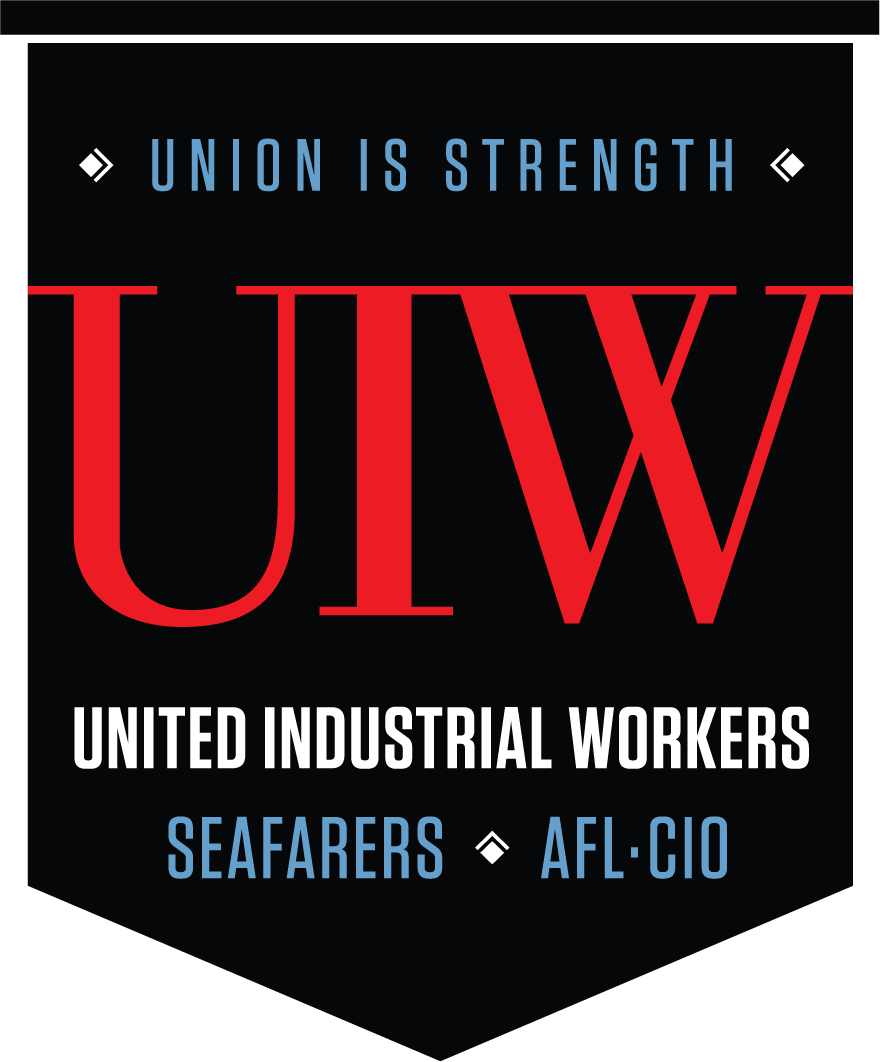Missouri voters on Aug. 7 provided the state’s working families – and the labor movement nationwide – with a tremendous victory by rejecting the state’s so-called right-to-work law.
Senate Bill 19, which appeared on the ballot as Proposition A during the state primary, afforded voters the opportunity to strike down a measure the state legislature passed in early 2017. If allowed to stand, Prop A would prohibit employees from being required to join a union (even though a majority of employees would have voted for representation) or to otherwise pay “fair share” fees to a given workplace’s union.
In dramatic fashion, the electorate made its feelings crystal clear: There would be no right-to -work (for less) during their watch. By better than a 2 to 1 ratio (67 percent to 33 percent), voters in the Show Me State smashed the measure.
AFL-CIO President Richard Trumka, in a prepared statement released in the wake of the primary’s result, said, “Missouri is the latest sign of a true groundswell, and working people are just getting started. The defeat of this poisonous anti-worker legislation is a victory for all workers across the country. The message sent by every single person who worked to defeat Prop A is clear: When we see an opportunity to use our political voice to give workers a more level playing field, we will seize it with overwhelming passion and determination. Tonight is the latest act of working people changing a rigged system that for decades has been favoring corporations, the mega-wealthy and the privileged few.
“The victory in Missouri follows a national wave of inspiring activism that is leading to life-changing collective bargaining agreements and electoral triumphs that remind America the path to power runs through the labor movement,” he continued. “From statehouses and city councils to the halls of Congress, working people are fighting back, and this November, we will elect our allies and retire our enemies. Working people across Missouri made this transformational moment possible, and we are following their lead to changing the world.”
Mike Louis, president of the Missouri AFL-CIO, was equally pleased with the primary’s outcome, offering “Working people made our voices heard at the ballot box today and overturned ‘right to work.’ It’s a truly historic moment. Thousands of hard-working men and women in Missouri talked to their neighbors, friends and co-workers. We owe them this victory.
“Together, we knocked on more than 800,000 doors, made more than 1 million phone calls and talked to working people on more than 1,000 different job sites across the state,” Louis added. “Tonight, we celebrate, but tomorrow we’re getting back to work. We’re going to take this energy and momentum and build more power for working people in Missouri.”
The Missouri vote marked a major victory for unions during an era saturated with anti-worker attacks at different levels of government and from extremists. For instance, as reported earlier in the Seafarers LOG, the U.S. Supreme Court on June 27 issued its opinion in the much-anticipated Janus v. AFSCME Council 31 case, which overturned 40 years of public-sector collective bargaining policy. The 5-4 decision bars states from requiring non-members from paying what are known as agency or fair-share fees to unions who collectively bargain on behalf of an entire unit in a public-sector workplace.
The Supreme Court held in 1977 that unions could charge non-members fees for benefits they received from certain representational activities. But the late-June decision overturned that ruling on First Amendment grounds, and it is expected to weaken workers’ rights.
A little more than a month earlier on May 25 in the late afternoon right before the start of Memorial Day weekend, the administration issued three executive orders (numbered 13836, 13837 and 13839) that aggressively restricted collective bargaining in federal organizations and constrained the ability of labor leaders to represent not just their members but all employees in a bargaining unit, regardless of whether they pay dues.
The foregoing setbacks and others notwithstanding, the Missouri vote came on the heels of a string of successful red-state protests about teachers’ wages. Teachers strikes and demonstrations in West Virginia, Oklahoma, Kentucky and Arizona were successful as educators rallied and demanded fair wages and improved working conditions for the betterment of students.
As a result, many union members around the country now are viewing the win in Missouri as a watershed moment and a sign of victories to come. If polls offer any indications as to where organized labor stands, then union members’ optimism could be well-founded. According to Gallup, Americans’ views on unions hit a 14-year high last year, reaching 61 percent approval, just above its historical average in recent decades.
###
